It was billed as the catalyst for a new Industrial Revolution; the day when Queen Elizabeth II turned on the first flow of oil from the North Sea in 1975.
All the dignitaries present in Dyce, including Prime Minister, Harold Wilson, his senior cabinet colleagues, Prince Philip and an American delegation had no doubt the energy boom would be the spark which ignited the transformation of the north of Scotland.
Yet, ever since they applauded the symbolic moment when the Queen pressed the gold-plated button, setting into motion the flow of oil from the Forties Field to the BP refinery at Grangemouth, several key questions have remained unanswered.
And, 50 years later, they are still hanging in the air. Namely, what would be the legacy of this massive economic development?
Would it bring prosperity to the many or the few?
And should there have been an Norwegian-style oil fund established?
We’ve spoken with economists, industry leaders, and those who were there at the time to hear their thoughts as 2025 marks the 50th year since North Sea oil started flowing…
1. The economist who helped set up Norway’s oil fund
Former economist, Tony Mackay, was working at Aberdeen University in 1975, so he witnessed first-hand the culture clash of Aberdeen Angus meeting Texas Sam.
More pertinently, he helped set up the Norwegian Government’s Sovereign Wealth Fund, which has invested a large part of their oil and gas tax revenues in other industries and facilities.
Nowadays, when one walks along the Granite City’s Union Street, it’s easy to forget that the area was awash with oil money as recently as a decade ago. What happened?
As Mr Mackay said: “The North Sea oil and gas industry had a huge beneficial impact on the Aberdeen and north-east economies for many years.
“But the industry has declined significantly in recent years as most North Sea fields ended their productive lives. And that was inevitable.
“However, I have been disappointed by the response to that decline by bodies such as Scottish Enterprise and Aberdeen City and Aberdeenshire Councils. I believe that much more could be done to diversify the regional economy and help new developments.
“An obvious example of that is diversification into renewable energy production from offshore wind farms and marine/tidal energy.
“There is some local involvement, but it is on a much smaller scale than it could have been. The ongoing problems with GB Energy illustrate that.
“And I am disappointed that the Scottish and UK Governments did not do something similar in terms of setting up a wealth fund.”
2. The long-standing industry trade association chief
As chief executive of the industry trade association Oil & Gas UK from 2004 to 2015, Malcolm Webb was in the ideal position to witness the next chapter of the story.
But he didn’t hold back in criticising politicians of all parties, both at Westminster and Holyrood, when he spoke to the Press & Journal this week.
Mr Webb said: “The people of Aberdeen should take great pride in the fact their city played a central part in one of the UK’s greatest-ever industrial success stories.
“The offshore oil and gas industry fulfilled an immensely important role as the UK’s largest industrial investor for most of the last 50 years.
“Aberdeen’s tragedy is that the mindless and destructive actions of a series of ‘here today and gone tomorrow’ Government ministers – whether Labour, Tory, Lib Dem or SNP – eventually had their effect.
“The industry could take the punishment no longer, brought to its knees by a toxic concoction of excessive taxation, bad regulation and the destructive policy diktats of political zealots. History will not treat these politicians kindly.
“However, that is scant consolation and no compensation for the entirely unnecessary loss of jobs and prosperity which Aberdeen is now suffering and, sad to say, will continue to suffer for years to come.”
3. The professor who points to Shetland as a winner
Jim Hunter, who arrived in Aberdeen as a student in 1967 and is now emeritus professor of history at UHI, is among those who feel a golden opportunity was wasted.
Indeed, he is convinced that Union Street was much more vibrant, busier and commercially attractive in the 1960s than it is today.
He said: “None of the tax revenues that poured into government coffers from the 1970s onwards were set aside for constructive purposes.
“They weren’t invested in the updated infrastructure – the railways, schools, hospitals – that Britain so badly needs. They weren’t channelled into a wealth fund of the sort that has provided Norway with a multi-billion dollar pot of cash.
“Instead, the oil money was used as a way of keeping down other taxes, paying unemployment benefit, that sort of thing.
“This was short-sighted mismanagement on an absolutely epic scale, for which the politicians responsible, Labour, Tory, whatever, have never been – and I guess never will be – held to account.
“The one exception to this sad failure is Shetland. There, the local council managed to get hold of a proportion of the monies being made from the Sullom Voe oil terminal.
“The result was a Shetland Oil Fund. Of course, there has been criticism of how that fund was organised and spent. But at least it was there.
“And at least there is something to show for it – swimming pools, a leisure centre, a library and museum.
“Think what Aberdeen would be like today if the city had access to such a fund. Think how much more prosperous Britain would be if it had an equivalent.”
4. The Aberdeen PR guru with decades of energy industry experience
Aberdeen businesswoman Zoe Ogilvie can see both sides of the argument. In her estimation, the exploration for – and production of – fossil fuels has generated wealth, highly-paid jobs and opportunities for more than 50 years.
She said: “It has attracted and helped foster entrepreneurs who have contributed to society and our communities, not only by building businesses which create jobs and pay taxes, but through generous philanthropy which has supported infrastructure, education, the arts and the third sector.
“However, it has also led to a higher cost of living in Aberdeen which not everyone is able to afford. Worryingly, the gap between those who have, and those who have not, has widened and there are pockets of severe deprivation in the city.
“But the industry is not responsible for this, it’s local, regional and national politicians who are accountable for the ways in which the wealth is captured and distributed.”
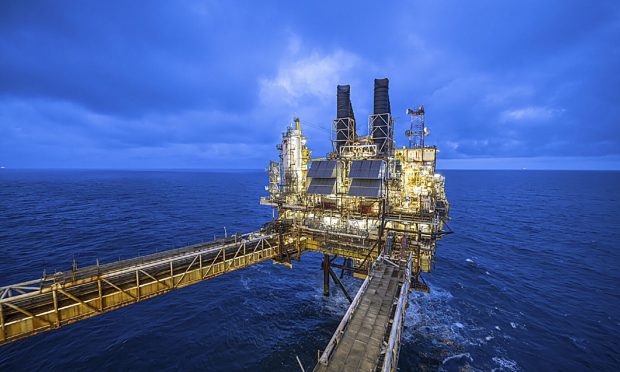
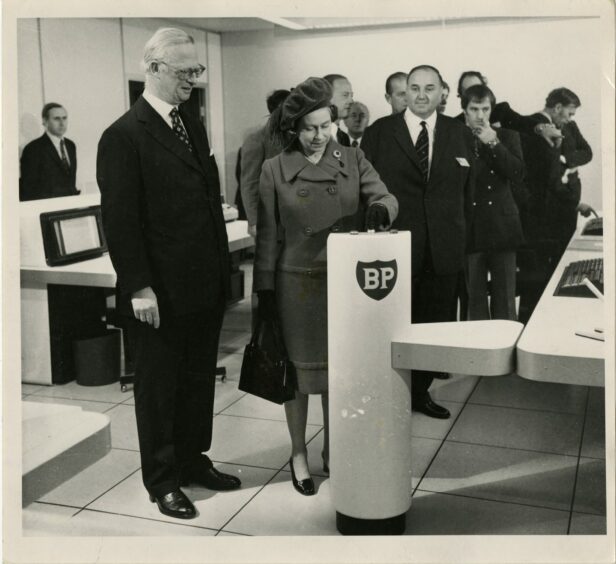
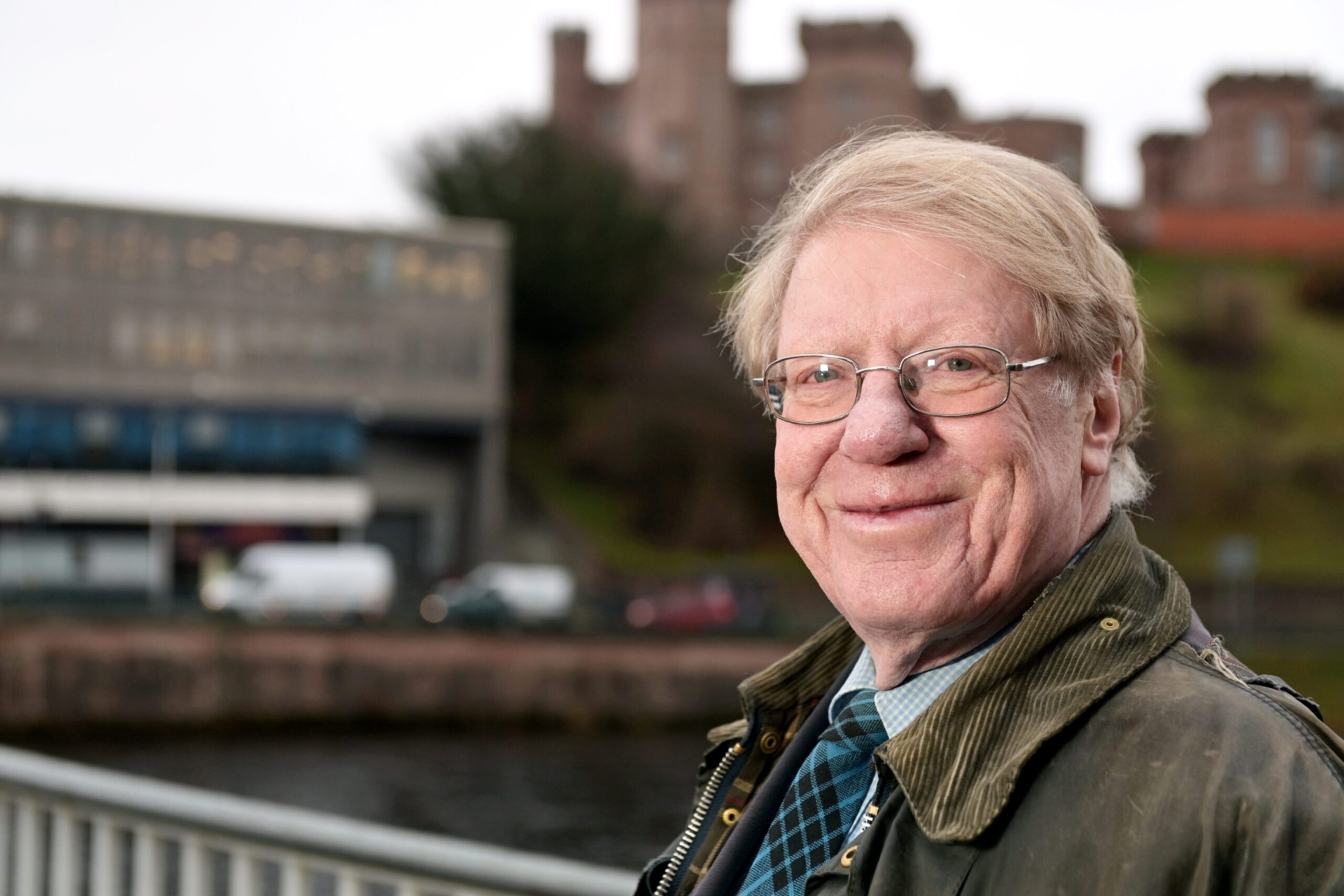

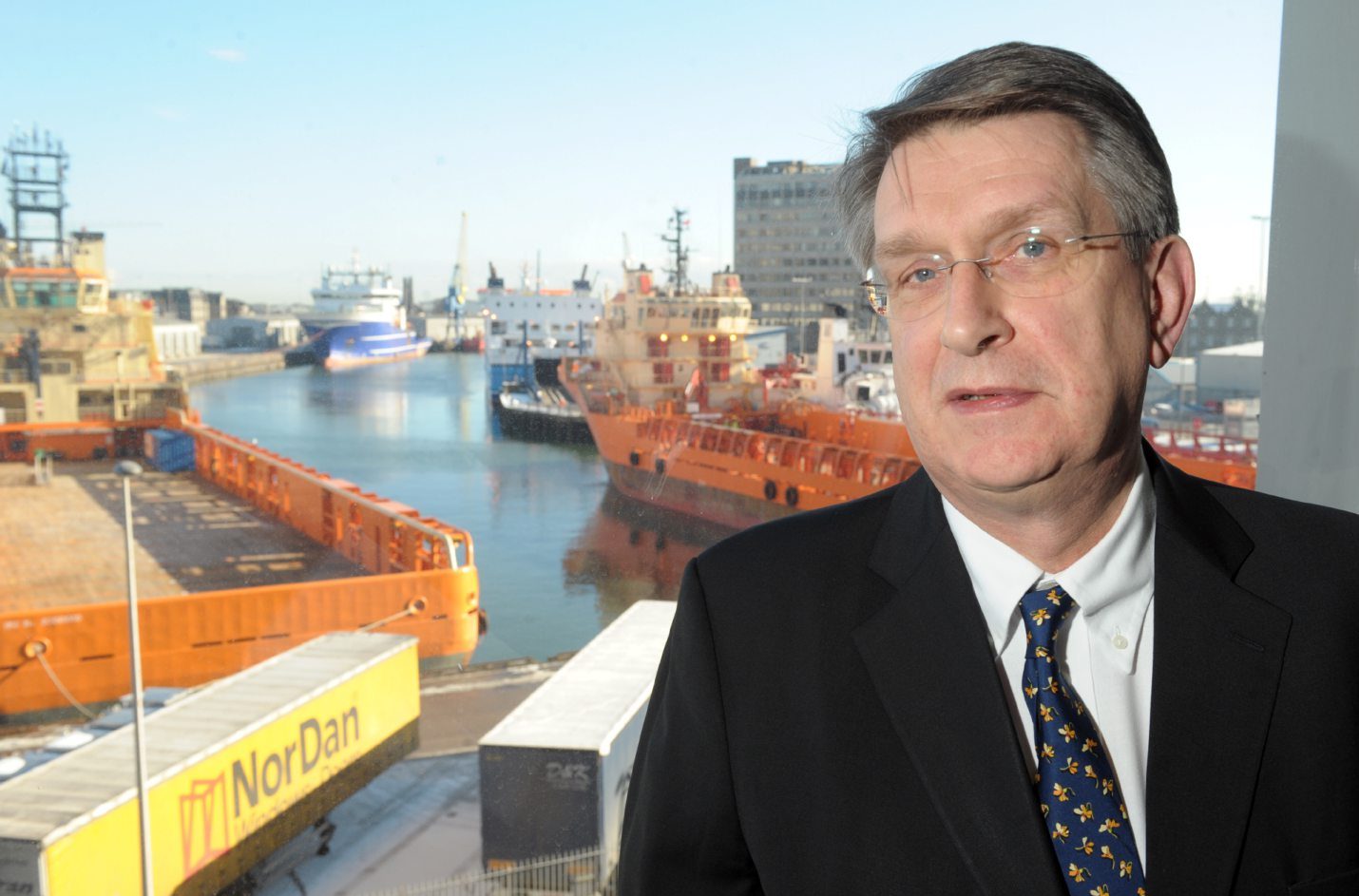


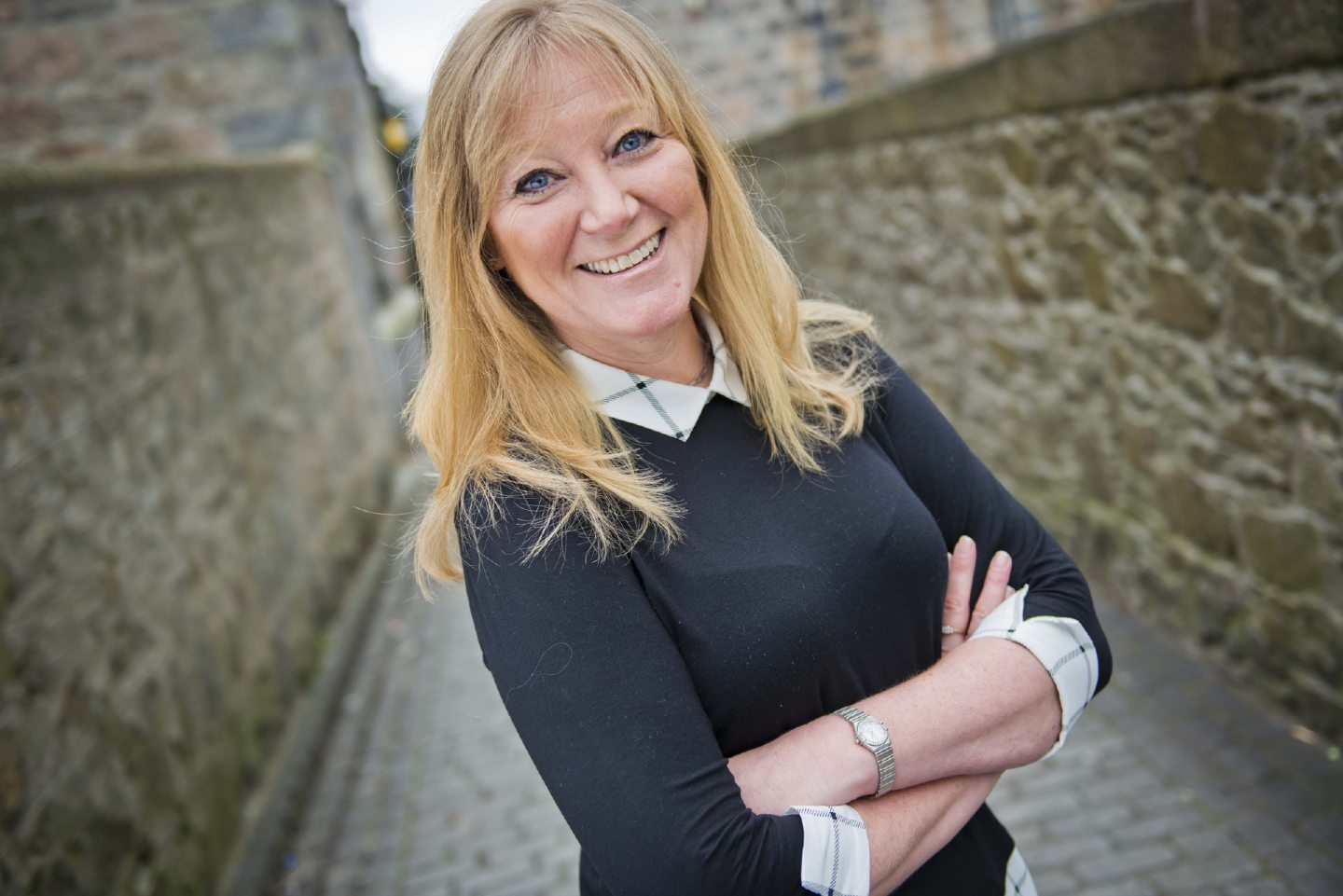
Conversation